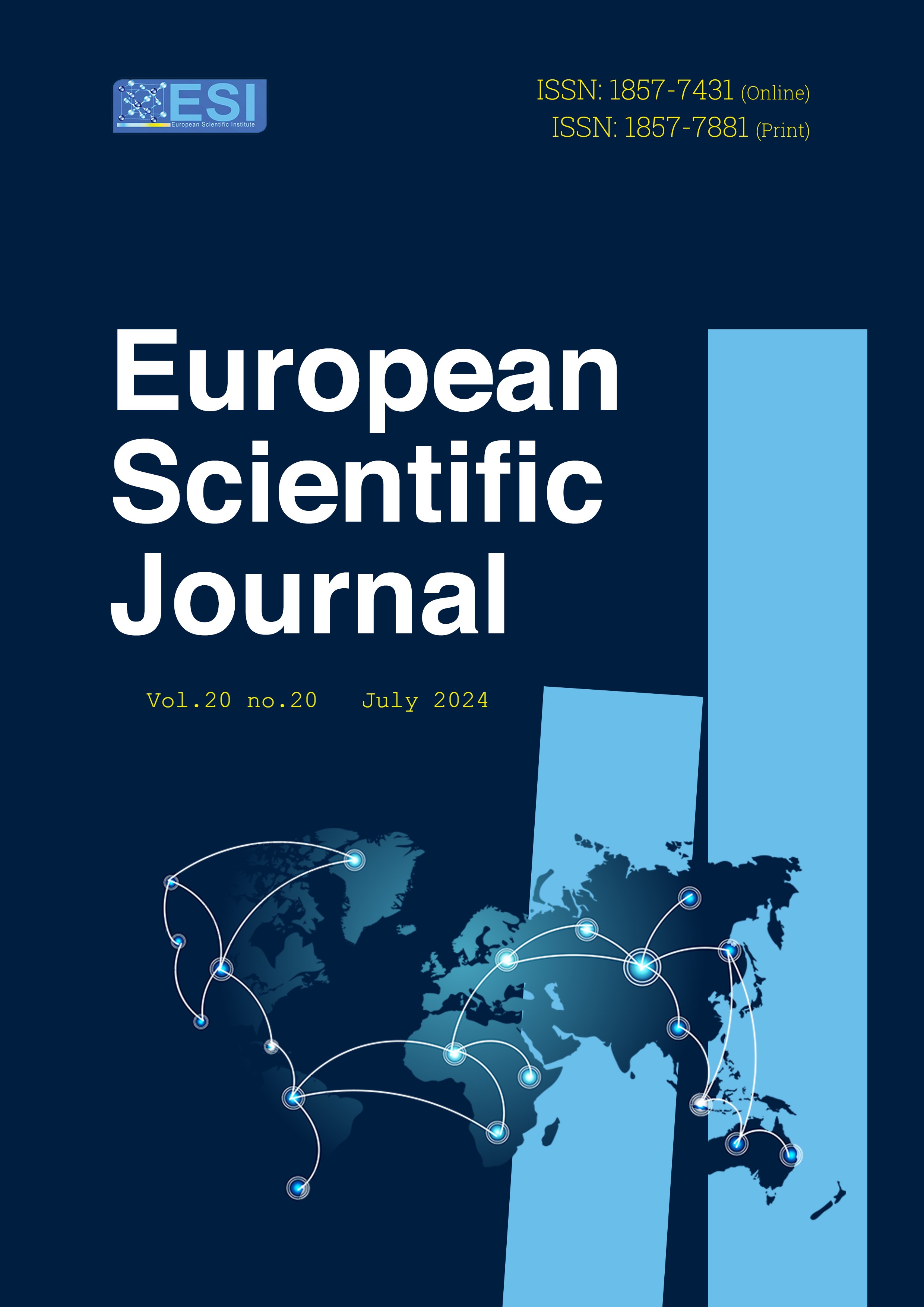Appraisal Theory and Interpreting Political Speech
Abstract
Appraisal theory can be used to study the semiotic content of formal speeches. This paper focuses on the study of two speeches by Ban Ki Moon. The first in 2006 was his acceptance speech and the second, in 2016, was his speech on leaving his role as Secretary General of the United Nations. By employing the same speaker and organization, this helps remove variances due to personal or corporate style. It also allows a focus on how different semiotic approaches are used at different stages of each speech. While affect is common across the speech structure, judgement is more commonly found in sections that can be seen as instances of expected politeness towards the intended audience. By using such modes, the speaker is effectively inviting agreement with their overall presentation. This also suggests a linkage between chosen mode and purpose. However, meaning-making cannot just be understood through a sentence by sentence analysis and there still remains a need to take a holistic overview and place the speech in a wider context.
Downloads
PlumX Statistics
References
2. Alhutali, M. (2018). Interpreting Stereotypes: Images and Text. International Journal of Linguistics, 10(4), 113-123.
3. Bolouri, S. (2008). Critical discourse analysis of a political text: Using Appraisal Theory. Proceedings of ISFC 35: Voices Around the World, 322-327.
4. Briñol, P., Petty, RE., Stavraki, M., Lamprinakos, G., Wagner, B., & Díaz, D. (2018). Affective and cognitive validation of thoughts: An appraisal perspective on anger, disgust, surprise, and awe. Journal of Personality and Social Psychology, 114(5), 693.
5. Coffin, C. (2003). Exploring different dimensions of language use. ELT Journal, 57, 11-18.
6. Halliday, M. A. K. (1978). Language as Social Semiotic: The Social Interpretation of Language and Meaning. London: Edward Arnold.
7. Hamby, A., & Jones, N. (2022). The effect of affect: An appraisal theory perspective on emotional engagement in narrative persuasion. Journal of Advertising, 51(1), 116-131.
8. Hofmann, J., Troiano, E., Sassenberg, K., & Klinger, R. (2020). Appraisal theories for emotion classification in text. arXiv preprint arXiv:2003.14155.
9. Križan, A. (2016). The language of appraisal in British advertisements: the construal of attitudinal judgement. ELOPE: English Language Overseas Perspectives and Enquiries, 13(2), 199-220.
10. Martin, J. R., & White, P. R. R. (2005). The Language of Evaluation: Appraisal in English. Basingstoke, England: Palgrave Macmillan.
11. Mirzaaghabeyk, M. (2022). Attitude System Realization of News Texts in Light of Appraisal Theory. Journal of Contemporary Language Research, 1, 1-8. doi: 10.58803/jclr.v1i1.1
12. Moon, B. (2006, 14 December). Address on Taking the Oath of Office in the General Assembly Retrieved 17 April, 2024, from https://www.un.org/sg/en/content/sg/speeches/2006-12-14/address-taking-oath-office-general-assembly
13. Moon, B. (2016, 30 December). Secretary-General, at Final Headquarters Farewell, Urges Staff to Continue Raising Voices for Those Left Behind Retrieved 17 April, 2024, from https://press.un.org/en/2016/sgsm18396.doc.htm
14. Moors, A., Van de Cruys, S., & Pourtois, G. (2021). Comparison of the determinants for positive and negative affect proposed by appraisal theories, goal-directed theories, and predictive processing theories. Current Opinion in Behavioral Sciences, 39, 147-152.
15. Page, RE. (2003). An analysis of APPRAISAL in childbirth narratives with special consideration of gender and storytelling style. Text & Talk, 23(2), 211-237. doi: doi:10.1515/text.2003.009
16. Roseman, IJ., & Smith, CA. (2001). Appraisal theory. Appraisal processes in emotion: Theory, methods, research, 3-19.
17. Ross, AS., & Caldwell, D. (2020). ‘Going negative’: An APPRAISAL analysis of the rhetoric of Donald Trump on Twitter. Language & Communication, 70, 13-27. doi: https://doi.org/10.1016/j.langcom.2019.09.003
18. Shahmir, ARS., & Irshad, S. (2023). The attitudinal analysis of speeches delivered by Noam Chomsky and Shah Mahmood Qureshi at United Nation. UW Journal of Social Sciences, 6(1), 97-111. doi: https://uwjss.org.pk/index.php/ojs3/article/view/36
19. Soo‐Guan Khoo, CNA., & Na, J. (2012). Sentiment analysis of online news text: A case study of appraisal theory. Online Information Review, 36(6), 858-878.
20. Troiano, EOL., & Klinger, R. (2023). Dimensional modeling of emotions in text with appraisal theories: Corpus creation, annotation reliability, and prediction. Computational Linguistics, 49(1), 1-72.
21. Watson, L., & Spence, MT. (2007). Causes and consequences of emotions on consumer behaviour. European Journal of Marketing, 41(5/6), 487-511. doi: 10.1108/03090560710737570
22. Wei, YWM., & Zhang, Yi. (2015). An analysis of current research on the appraisal theory. Linguistics and Literature Studies, 3(5), 235-239.
23. Zhou, Z. (2023). Analysis of Donald Trump’s Inaugural Speech based on Attitude Within Appraisal Theory. Journal of Education and Educational Research, 4(1), 151-158.
Copyright (c) 2024 Mohammed Alhuthali

This work is licensed under a Creative Commons Attribution 4.0 International License.








